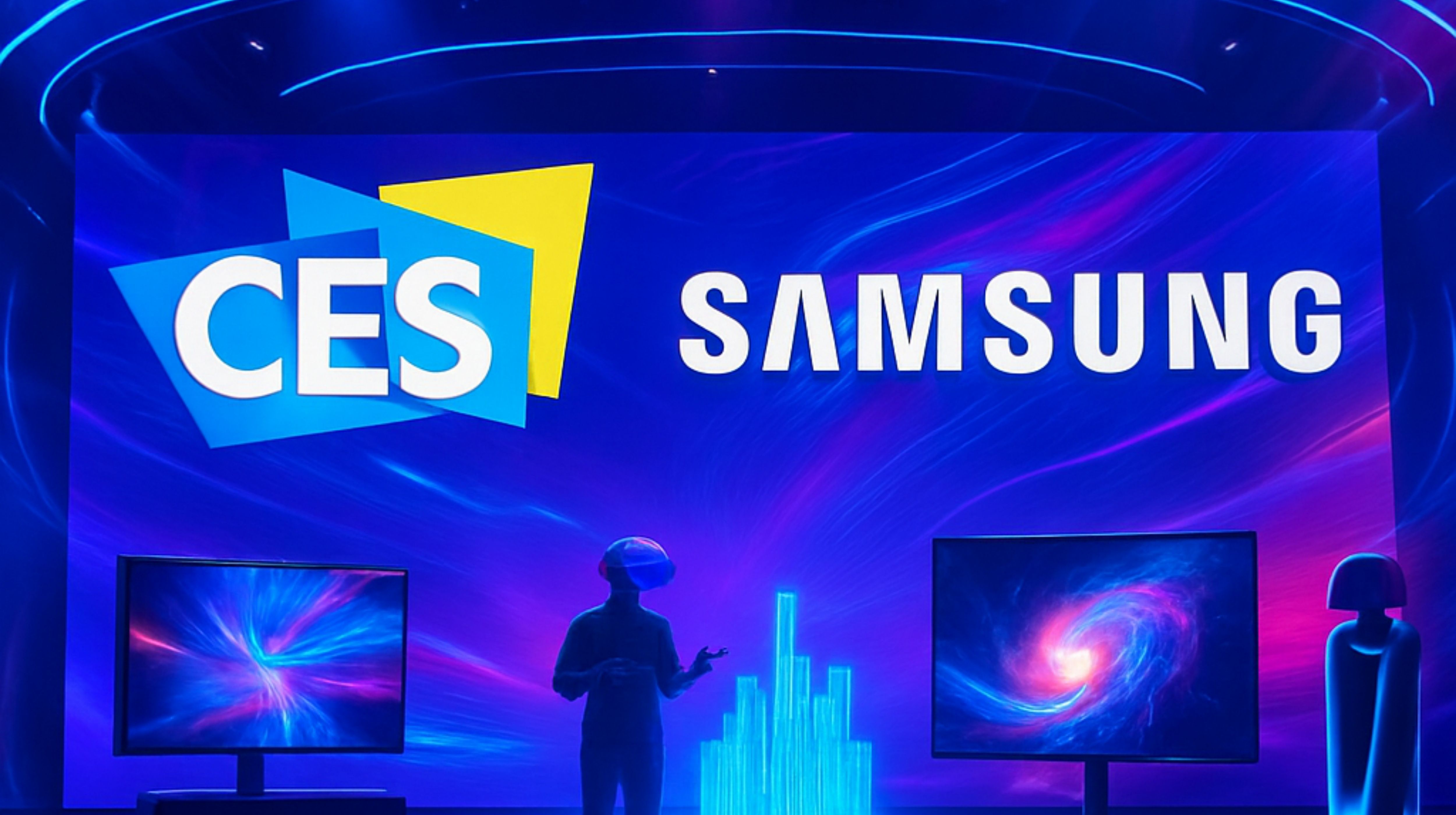Siemens and NVIDIA have expanded their strategic partnership to build what they describe as an Industrial AI operating system.
The collaboration aims to embed AI-driven intelligence throughout the entire industrial lifecycle, from product design and engineering to manufacturing, operations and supply chains.
Siemens will contribute industrial AI expertise alongside hardware and software, while NVIDIA will provide AI infrastructure, simulation technologies and accelerated computing platforms.
The companies plan to develop fully AI-driven adaptive manufacturing sites, beginning in 2026 with Siemens’ electronics factory in Erlangen, Germany.
Digital twins will be used as active intelligence tools instead of static simulations, allowing factories to analyse performance in real time, test improvements virtually and convert successful adjustments directly into operational changes.
Both firms will also accelerate semiconductor design by combining Siemens’ EDA tools with NVIDIA’s GPU-accelerated computing and AI models. The goal is to shorten design cycles, improve manufacturing yields and support the development of advanced AI-enabled products.
The partnership also aims to create next-generation AI factories that optimise power, cooling, automation and infrastructure efficiency.
Siemens and NVIDIA intend to use the same technologies internally to improve their own operations before scaling them to customers. They argue the partnership will help industries adopt AI more rapidly and reliably, while supporting more resilient and sustainable manufacturing worldwide.
Would you like to learn more about AI, tech and digital diplomacy? If so, ask our Diplo chatbot!










